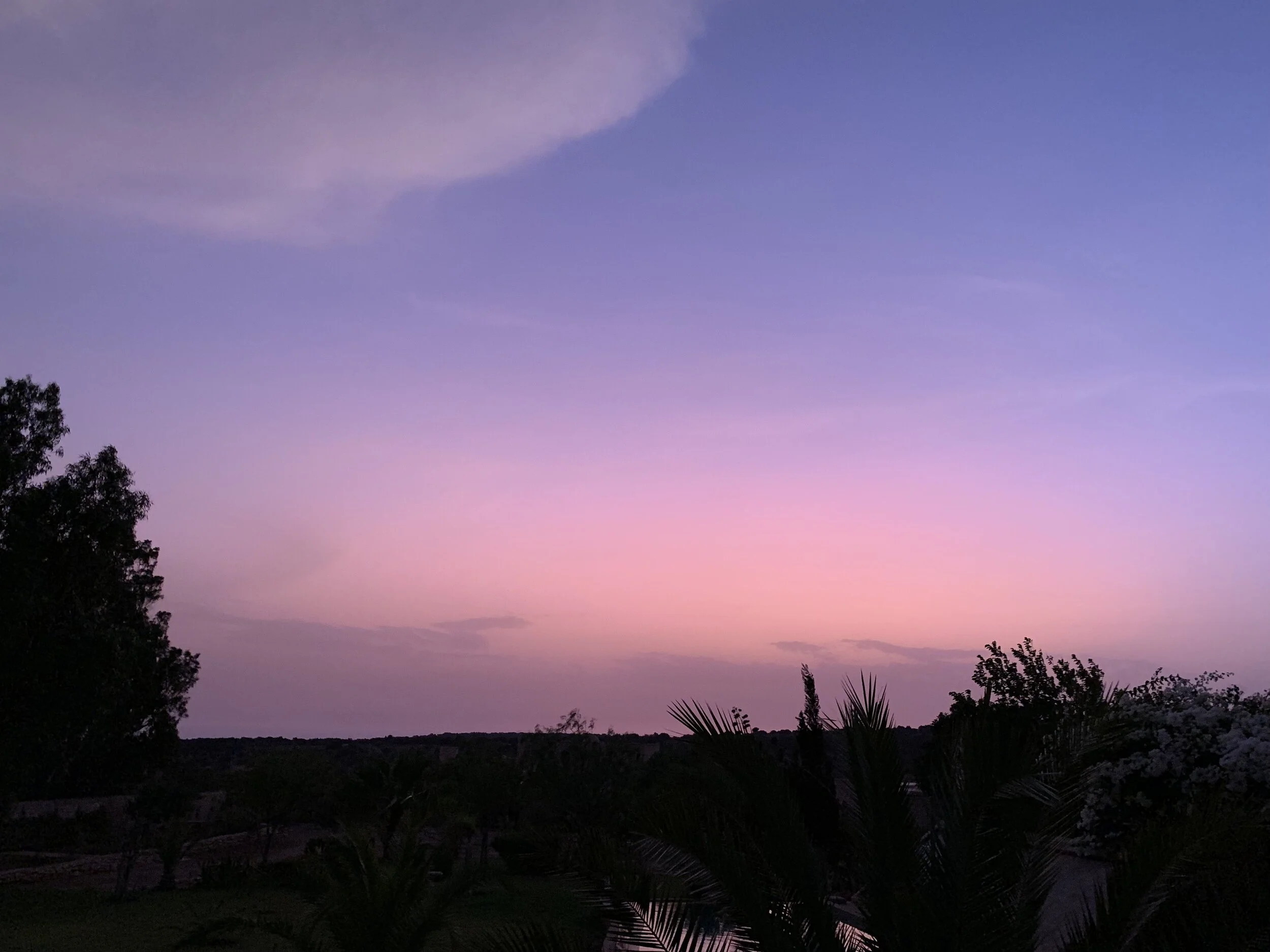In order to address the "social determinants of equity" and watch for "inequities in exposures and opportunities" and "disparities in outcomes," policies and practices will need to be examined, the document states.
According to the county health board document, the problem of racism rises to the level of a health crisis according to the definition outlined by renowned epidemiologist Dr. Sandro Galea, who notes: "The problem must affect large numbers of people, it must threaten health over the long-term, and it must require the adoption of large scale solutions."
